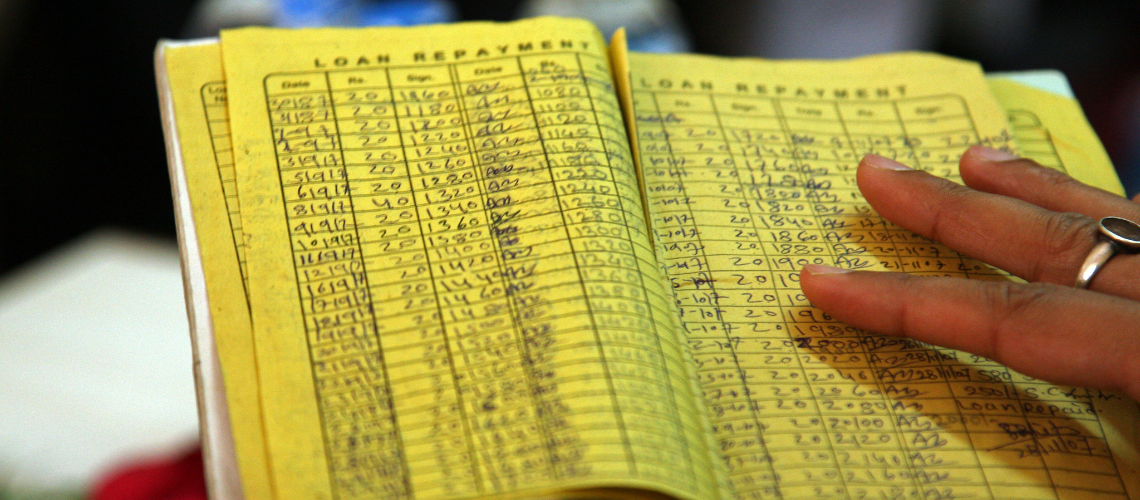 Photo: World Bank
Photo: World Bank
Governments face unprecedented fiscal decisions in their response to the coronavirus (COVID-19) pandemic. They are spending and borrowing more, even as domestic revenues fall. Financial statements, such as government balance sheets, and the information they provide, can play a critical role in informing how scarce resources are allocated.
The insights provided by government financial statements depend on the “basis of accounting,” which determines the transactions that are included in the government’s accounts and when this happens. Research published in 2018 by the International Federation of Accountants (IFAC) and the Chartered Institute of Public Finance and Accountancy (CIPFA) found that 40% of central governments are moving from a traditional cash basis (which records only cash receipts and payments) to an accrual basis (which records the substance of transactions, including assets, liabilities, revenues, and expenditure, irrespective of whether cash is actually received or not). Government financial statements prepared on an accrual basis provide richer information to help inform COVID-19 decision making.
By interpreting the information that accrual-based accounting provides, we can see the ways COVID-19 is impacting the balance sheets of central governments in developing countries.
As COVID-19 affects their revenues, often negatively, governments can use high-quality balance sheets to track and report reductions to tax and non-tax revenue from decreased economic activity. They can also look at the impacts of tax breaks that support households and firms; increases in revenue from aid, donations, capital gains, on government assets sold; and transfers from reserves of state-owned enterprises. Better reporting of these financial activities can allow governments to make more nuanced policy decisions on expenditures such as health spending, unemployment, bailout packages, debt deferment, and unemployment payments and other social benefits.
It’s important to note that projects that produce tangible, non-current assets (fixed assets), such as public infrastructure, could take longer before entering balance sheets (except emergency purchases like ventilators, etc.). Cash and liquid assets could drop. Non-current assets in the form of central government loans to subnational governments could increase.
The most severe impact that the pandemic will have on governments’ balance sheets will likely be on the liabilities side. Public debt could increase on account of additional resources, either domestic or international. Accumulation of arrears (unpaid delivered contracts) could add to short-term liabilities. Governments’ extension of loan guarantees to the private sector may create new liabilities that do not appear in traditional debt-to-GDP analysis. Additional provisions and contingent liabilities need to be disclosed in the financial statements.
Policy makers should think like an accountant as they deal with COVID-19. First, taking a “balance sheet” approach to contextualize fiscal spending and fiscal flows supports longer-term strategic thinking. This can help governments better understand the long-term impact of policy responses to the pandemic. Some jurisdictions further support their long-term thinking by forecasting the effect of policy decisions on government balance sheets; this is sometimes called “intertemporal balance sheets.”
Second, this will help governments mitigate risks of any fiscal illusions and paint a more accurate picture of both their short- and long-term financial situations. For example, governments that do not consider balance sheets in their decision making may undertake a “fire sale” of assets – when a government sells assets like land very cheaply to get money quickly – which would actually reduce the government’s net worth.
Developing countries that still follow cash basis-accounting can combine information from financial statements with any available accrual information from other sources, to assess the effects of COVID-19 on the next 3-5 years. This can better inform their policy decisions in the short term. In the medium term, governments may prioritize implementing a robust set of accounting standards, such as the International Public Sector Accounting Standards (IPSAS), or their national equivalents. This would ideally help these countries lay the foundations to graduate to a robust accrual-based accounting system.
In the longer term, full consolidation of government financial statements on an accrual basis with the entities that the government controls would enable a whole-of-government balance sheet approach to fiscal decision making.
There are many approaches to tackle the COVID-19 pandemic, both in the short and long term. Thinking like an accountant can help with both.





Join the Conversation